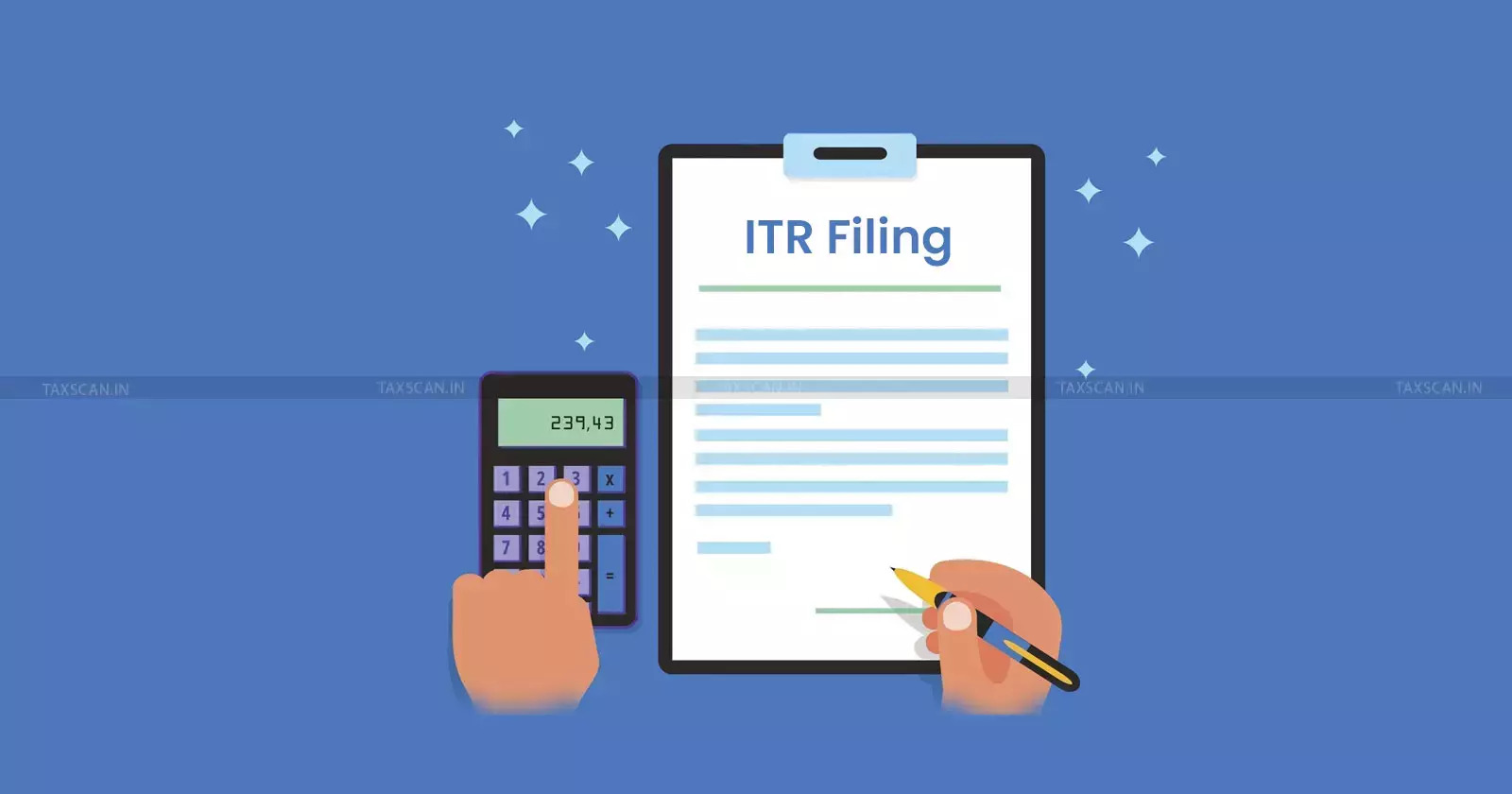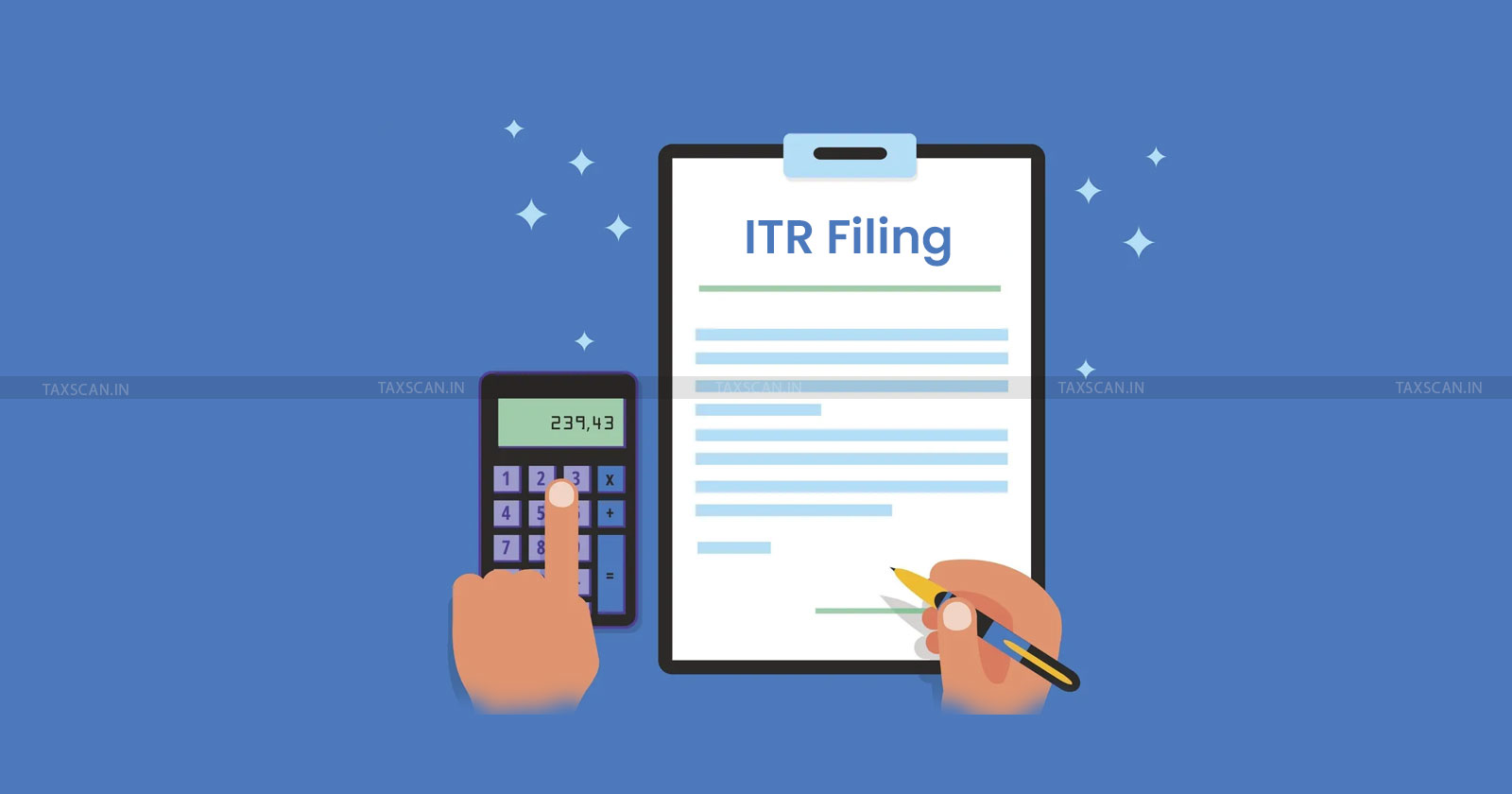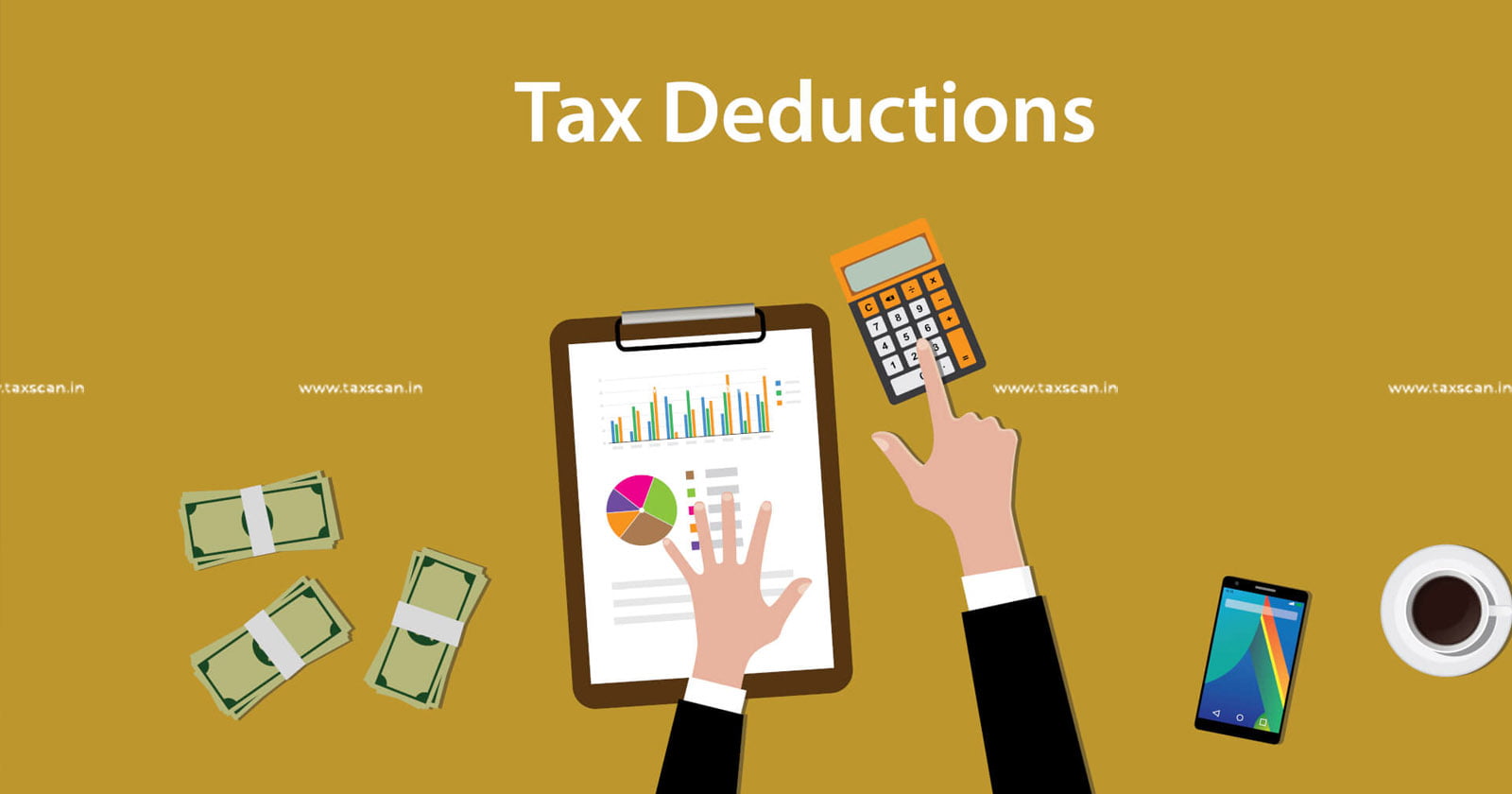Delaying your Income Tax Returns? File soon and Avoid Late Fees, Interest and Penal Action
Entities that abstain from filing their income tax returns within due time may experience a range of implications, from fines to legal prosecution. Read on to know why you should stay compliant.

The countdown to the Income Tax Return (ITR) filing deadline for the financial year (F.Y.) 2024–25 has begun. Owing to the large number of taxpayers and difficulties with the logistics of it all, the Ministry of Finance has extended the filing due date for non-audit cases to the 15th September 2025.
While the extension does provide some wiggle room, the rule of thumb as stated by experts and authorities alike is for taxpayers not to delay filing their income tax returns.
Want a deeper insight into the Income Tax Bill, 2025? Click here
An Income Tax Return is more than just a declaration of your income and tax liability - it serves as proof of financial compliance, your eligibility for tax benefits, and at times even serves as a necessary document for availing loans and visa applications.
Let us take a look at the various legal and penal implications that may arise upon delaying or ignoring to file your ITR on time:
1. Late Filing Fees (Section 234F)
If you file your return after the prescribed deadline, you shall be liable to pay a penalty under Section 234F of the Income Tax Act, 1961.
Taxpayers whose total income exceeds ₹5 lakh shall be slapped with a late fee of ₹5,000 while those with income below ₹5 lakh shall end up paying ₹1,000. Those that earn below the basic exemption limit may not face a fee, but must still file if they check other criteria such as indulging in high-value transactions, receive foreign income or have pending income tax refunds due to be received.
2. Interest on Tax Dues (Section 234A)
In addition to late filing fees, taxpayers who owe taxes are charged interest at 1% per month on the unpaid amount, right from the due date until the filing date. For example, if your tax payable is ₹2 lakh and you file your return three months late, you’ll owe an additional ₹6,000 just in interest. The longer the delay, the heavier your financial burden shall be.
3. No Carry Forward of Losses
Losses incurred through business or capital gains heads can only be carried forward if the ITR is filed on or before the due date. Taxpayers who miss the deadline forfeit their right to offset these losses against future income. However, losses from house property losses can still be carried forward, even if the return is belated.
The loss of opportunity to carry-forward losses can have several tax implications for small businesses, startups, and investors who rely on this mechanism to prudently plan their taxes in the long run.
Complete practical guide to Drafting Commercial Contracts, Click Here
4. Risk of Prosecution (Section 276CC)
Perhaps the most serious consequence of abstaining to file your income tax returns is the risk of prosecution for willful failure to file returns.
If an entity whose income tax liability exceeds ₹25,000 abstains from filing their taxes, the individual may face rigorous imprisonment from six months up to seven years, along with fines. Even where the liability is less than ₹25,000, a jail term of three months to two years can be imposed. While prosecutions are not common for routine delays, the provision serves as a strong deterrent in cases of serious non-compliance.
5. Higher TDS Deductions (Section 206AB)
If you have not filed your ITR for the last two financial years, any TDS applicable on your income will be deducted at double the standard rate or 5%, whichever may be higher.
The increased TDS shall be applied even if you had zero tax liability during the previous years.
6. Refund Delays
Filing ITRs is necessary for processing any tax refunds back to eligible taxpayers. If excess tax has been deducted via TDS or advance tax, the refund will only be initiated after the return is filed and verified.
Delays in filing your return directly translates to delays in receiving your income tax refund, very often stretching into long months depending on the backlog of assessments to be verified.
7. Loss of Option to Choose the Old Tax Regime
With effect from Financial Year (F.Y.) 2024-25, the new tax regime is the default regime. However, taxpayers still have the option to file their returns under the old regime, provided that they file the returns within the due date.
Taxpayers that file their returns belatedly lose their right to opt for the old tax slabs and deductions, even if they may be more beneficial to them. Such loss may result in a higher tax liability for many salaried or self-employed individuals who depend on deductions and exemptions under the old regime to mitigate their total income tax liability.
8. Tax Notices and Scrutiny
Failure to file returns essentially gives the Income Tax Department a free pass to initiate tax notices against defaulters and increases taxpayers’ chances of being selected for scrutiny under best judgment assessments.
They may also attract penalties under Section 271H if you default on filing TDS/TCS returns; penalties can range from ₹10,000 to ₹1 lakh, plus ₹200 for every additional day of delay.
Regular filing helps maintain a clean tax record and in many instances, serve as a defense in case any discrepancies arise during assessment or departmental audits.
9. Impact on Loans, Visas, and Financial Reputation
Recent trends indicate that ITRs are being demanded as proof of income by banks, Non-Banking Financial Company (NBFC), and even foreign embassies. Whether applying for a home loan, personal loan, or visa, a number of institutions now require applicants to furnish proof of having filed ITRs for at least three preceding years. Not filing can not only delay applications but at times even outright rejection.
Tax Planning For Trusts and cooperation Societies - CLICK HERE
Filing your Income Tax Returns is not just a financial duty but a legal obligation and a critical step in maintaining your financial health and access to other services.
Although the government has extended a grace period for filing ITRs until 15th September 2025 for non-audit cases, the same should be viewed as an opportunity to fulfill your compliance requirements early and not as a reason to postpone the same.
File on time. File correctly. The clock keeps ticking.
Support our journalism by subscribing to Taxscan premium. Follow us on Telegram for quick updates




